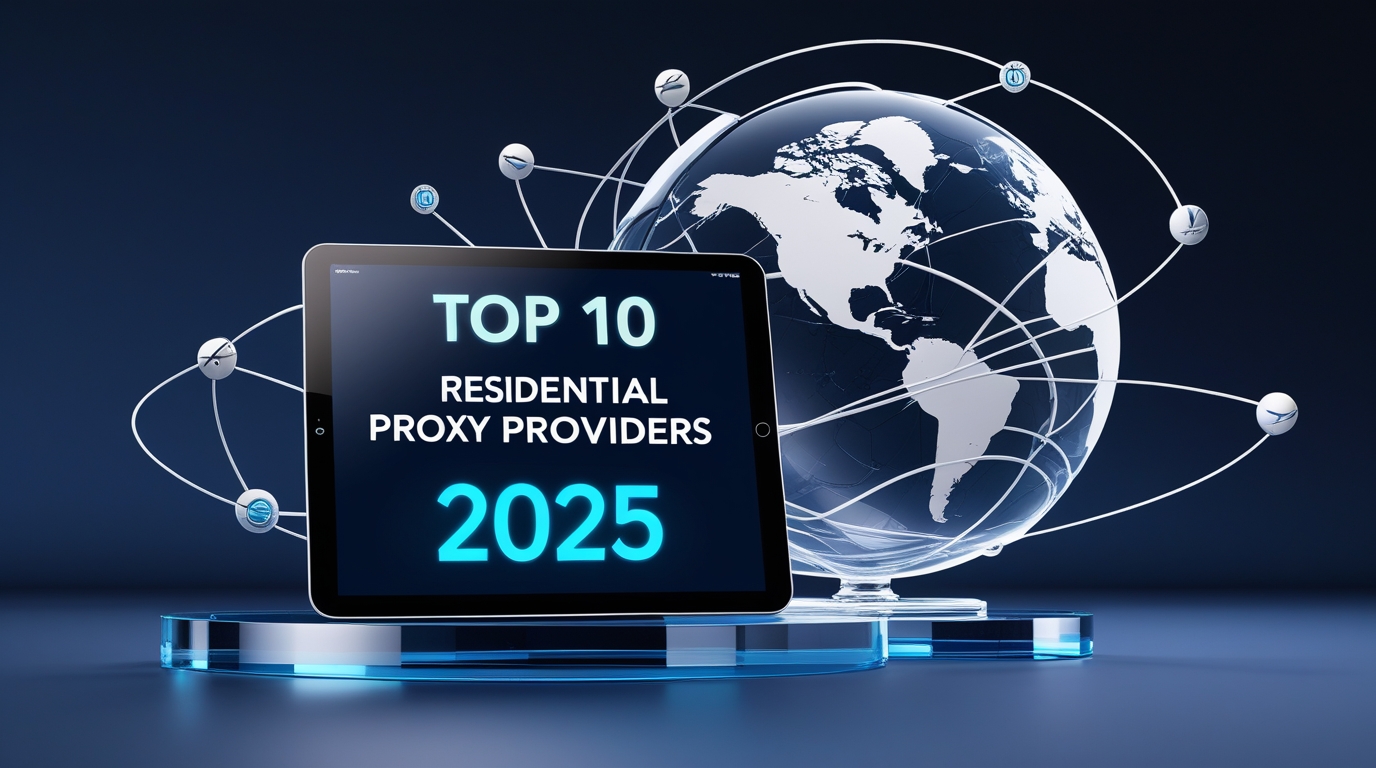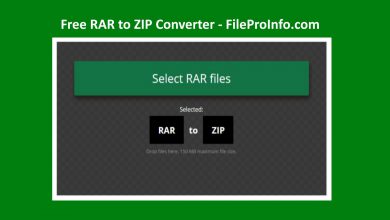
In today’s data-driven world, businesses and individuals rely on proxies to navigate the internet securely, anonymously, and efficiently. Among proxy types, residential proxies stand out for their ability to mimic real-user behavior, making them indispensable for tasks like web scraping, ad verification, and bypassing geo-restrictions. In this blog, we’ll explore what residential proxies are, their real-world applications, and the top 10 providers in 2025 based on popularity, reviews, and flexibility.
What Are Residential Proxies?
Residential proxies are IP addresses provided by Internet Service Providers (ISPs) to real homeowners. These proxies route your internet traffic through legitimate devices (e.g., laptops, smartphones, or routers) located in specific geographic regions. Unlike datacenter proxies (which use servers), residential proxies are harder to detect and block because they appear as regular user traffic.
Key Features of Residential Proxies:
- Anonymity: Mask your real IP address to avoid detection.
- Geo-targeting: Access content restricted to specific countries, cities, or ISPs.
- High Success Rates: Mimic human browsing patterns to bypass anti-bot systems.
- Ethical Sourcing: Many providers ensure IPs are obtained with user consent.
Why Use Residential Proxies? Residential proxies are ideal for tasks requiring human-like interaction with websites. Their legitimacy makes them invaluable for:
1. Web Scraping & Data Aggregation
Businesses scrape websites for pricing data, market trends, or competitor analysis. Residential proxies prevent IP bans by distributing requests across thousands of IPs.
Example: E-commerce companies monitor competitor prices in real-time.
2. Ad Verification
Advertisers use residential proxies to check if ads appear correctly in targeted regions and aren’t displayed on fraudulent websites.
Example: Ensuring a New York-based ad campaign isn’t shown on irrelevant sites in Brazil.
3. Sneaker & Limited-Item Copping
Sneaker bots rely on residential proxies to bypass purchase limits on sites like Nike or Shopify, allowing users to secure high-demand items.
Example: Sneaker resellers use proxies to automate checkout processes across multiple IPs.
4. Social Media Management
Manage multiple accounts without triggering platform bans. Proxies let marketers post, engage, and analyze metrics from different locations.
Example: A global brand running region-specific Instagram campaigns.
5. Market Research
Analyze localized search results, reviews, or trends without geographic bias.
Example: A travel company studying hotel prices in Tokyo vs. Paris.
Top 10 Residential Proxy Providers in 2025
Here’s a breakdown of the leading providers based on proxy pool size, flexibility, and user reviews:
1. Bright Data
- Proxy Pool: 72M+ IPs
- Best For: Enterprises, AI training, and large-scale scraping.
- Standout Features: City/ASN targeting, 99.99% uptime, and advanced tools like Web Unlocker.
- Pricing: Starts at $7.35/GB.
2. Oxylabs
- Proxy Pool: 100M+ IPs
- Best For: High-speed data collection.
- Standout Features: AI-driven rotation, SOCKS5 support, and granular geo-targeting.
- Pricing: Starts at $99/month.
3. Smartproxy
- Proxy Pool: 55M+ IPs
- Best For: SMBs needing affordability and simplicity.
- Standout Features: No bandwidth limits, sticky sessions, and a user-friendly dashboard.
- Pricing: Starts at $7.00/GB.
4. IPRoyal
- Proxy Pool: 32M+ IPs
- Best For: Beginners and budget users.
- Standout Features: Browser extensions, SOCKS5 support, and pay-as-you-go plans.
- Pricing: Starts at $7.00/GB.
5. SOAX
- Proxy Pool: 65M+ IPs
- Best For: Customizable rotation and mobile proxies.
- Standout Features: Rotation intervals (90–600 seconds), UDP/QUIC support.
- Pricing: Starts at $4.00/GB.
6. NetNut
- Proxy Pool: 85M+ IPs
- Best For: Static IPs for large projects.
- Standout Features: Unlimited concurrent connections, city-level targeting.
- Pricing: Starts at $499/month.
7. Storm Proxies
- Proxy Pool: 50K+ IPs
- Best For: Small-scale tasks.
- Standout Features: Simple setup, rotating IPs.
- Pricing: Starts at $10.00/GB.
8. Rayobyte
- Proxy Pool: 10M+ IPs
- Best For: Ethical scraping.
- Standout Features: CAPTCHA avoidance, ethically sourced IPs.
- Pricing: Starts at $2.10/GB.
9. Infatica
- Proxy Pool: 15M+ IPs
- Best For: Mix of residential and mobile IPs.
- Standout Features: Static IPs, ASN targeting.
- Pricing: Starts at $2.91/GB.
10. Nodemaven
- Proxy Pool: 30M+ IPs
- Best For: Sensitive tasks like account management.
- Standout Features: Premium IP filtering, ethical sourcing.
- Pricing: Starts at €6.00/GB.
How to Choose the Right Provider
- Scale: Bright Data or Oxylabs for enterprise needs; IPRoyal or Storm Proxies for small projects.
- Budget: Rayobyte and Infatica offer low-cost entry points.
- Features: Prioritize rotation settings (SOAX) or static IPs (NetNut) based on the use case.
Final Thoughts
Residential proxies are a game-changer for businesses seeking reliable, undetectable access to global data. Whether you’re scraping websites, verifying ads, or managing social accounts, the right provider ensures seamless operations. Evaluate your needs, test providers with free trials, and prioritize ethical sourcing to stay compliant.
Need help deciding? Share your use case in the comments below!




